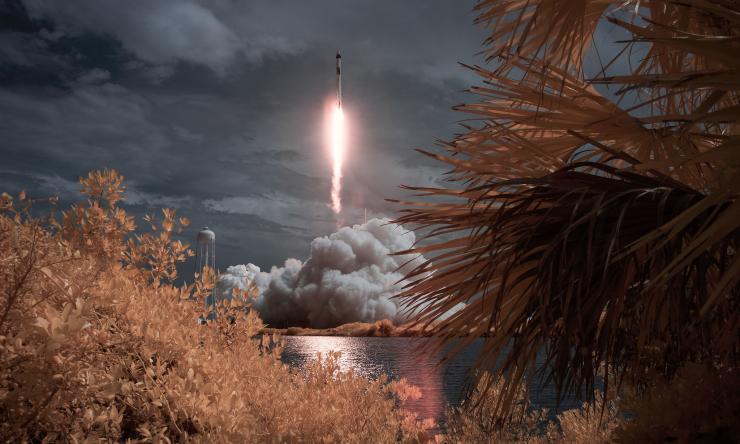Space health institute awards postdoctoral fellowships
The Translational Research Institute for Space Health (TRISH) at Baylor College of Medicine has awarded postdoctoral fellowships to five outstanding early career scientists working in space-translatable life sciences.
Each awardee will undertake a two-year project that addresses challenges to astronaut health during deep space exploration missions. The fellows become part of the TRISH Academy of Bioastronautics, a virtual, interactive forum for early career space researchers.
“To reach Mars and the next stage of human exploration, the space industry will need a robust pipeline of highly trained scientists focused on human health,” said Dr. Dorit Donoviel, director of the Translational Research Institute for Space Health. “TRISH has selected five postdoctoral who are answering that call. We are proud to welcome these outstanding scientists to our Academy of Bioastronautics.”
The postdoctoral fellows are:
Evan Buettmann, Ph.D., Virginia Commonwealth University
Investigating the Effects of Simulated Microgravity Duration and Connexin 43 Deficiency on Bone Fracture Healing
Mentor: Henry Donahue, Ph.D.
Matthew Gaidica, Ph.D., University of Michigan, Ann Arbor
Manipulating Sleep Architecture as an Operational Countermeasure
Mentor: Ben Dantzer, Ph.D.
Maria Sekyi, Ph.D., University of California, San Francisco
Microgravity and Partial Gravity Effects on Hepatic Organoid Steatosis and Function
Mentor: Tammy Chang, M.D., Ph.D.
M. Arifur Rahman, Ph.D., University of Hawaii, Honolulu
Medical Oxygen Delivery System in Exploration Atmosphere Minimizing the Risk of Fire
Mentor: Aaron Ohta, Ph.D.
Kristyn Hoffman, Ph.D., NASA Johnson Space Center
Development of Machine Learning-Derived Microbiological and Immune Signatures: Applications in Adaptive Risk Assessment of Infectious Disease During Spaceflight
Mentor: C. Mark Ott, Ph.D.
As a partner to the NASA Human Research Program, TRISH helps solve the health challenges to human deep space exploration. The Institute finds and funds disruptive, breakthrough research and technologies that can reduce risks to astronaut health and performance.
The Institute is funded through a cooperative agreement with NASA to Baylor College of Medicine and includes consortium partners the California Institute of Technology and the Massachusetts Institute of Technology. Learn more about the Translational Research Institute for Space Health.







 Credit
Credit


